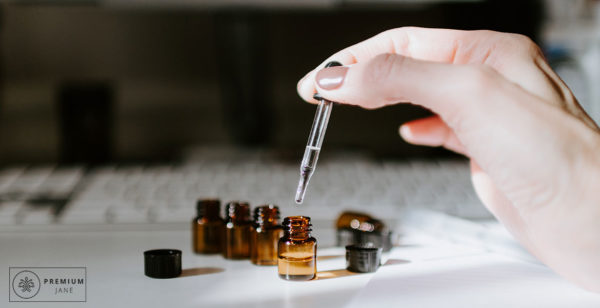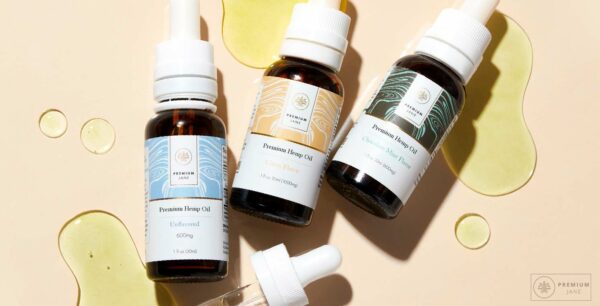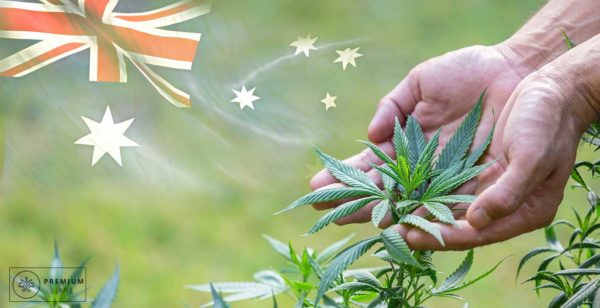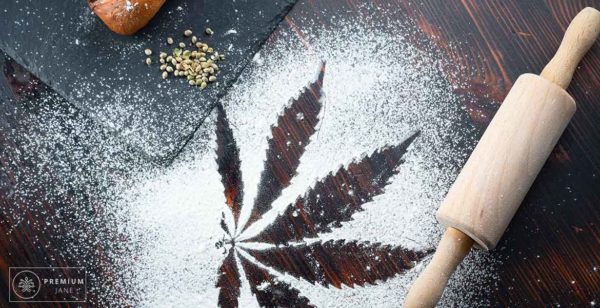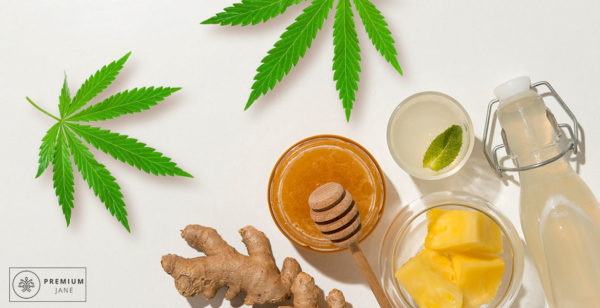What Exactly Is Hemp? What Are Hemp Benefits?
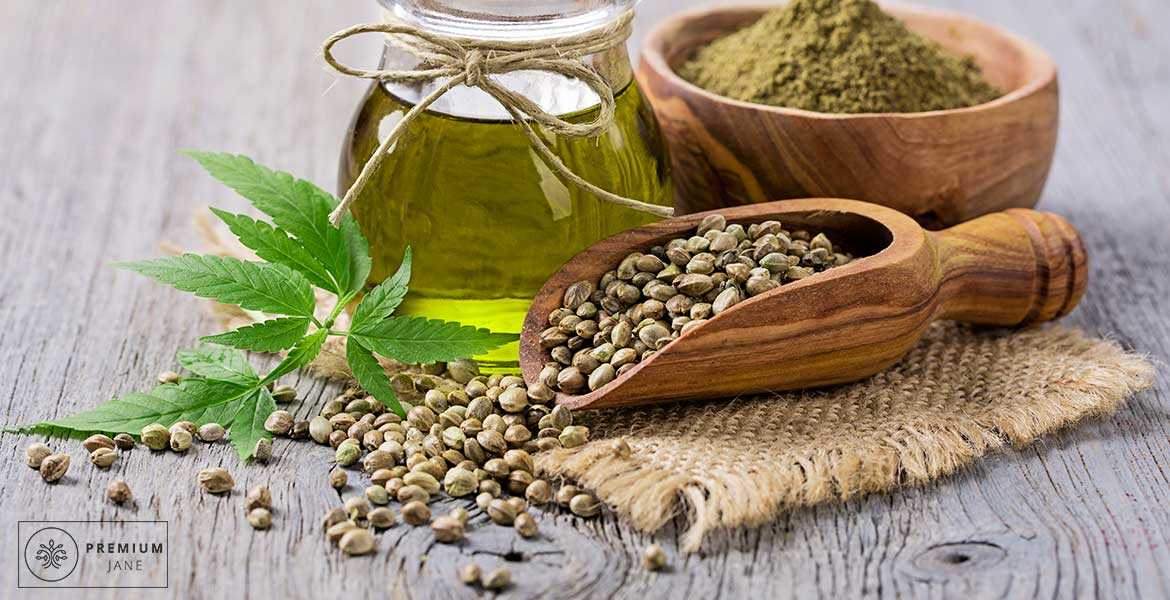
There’s little arguing that hemp is one of the most versatile plants in the world. Nearly 5,000 years ago, hemp was documented as an herbal remedy in emperor Shen Nung’s Chinese pharmacopeia. Since then, the plant has been used for everything from feeding livestock to making clothes and building homes. Today, hemp is mostly used as a nutritional supplement and for its therapeutic purposes in the form of hemp oils, topicals, and gummies.
In this article, we explain what it is that defines hemp and how you can take advantage of industrial hemp’s sweeping range of potentially therapeutic uses.
What Is Hemp?
Hemp is actually a form of the Cannabis sativa plant, which is the same species that marijuana belongs to. What defines hemp is its low THC content; depending on the specific geographic region, hemp is defined as cannabis that contains less than 0.3% THC. Cannabis with more than 0.3% THC, is classed as marijuana.
The versatility of hemp cannot be underestimated. The plant, which has been cultivated for thousands of years, is used for biofuel, clothing, and paper, amongst many other things. Most archeologists date the first human uses of hemp back to the Neolithic period in China. The tall, leafy plant was used to make textiles, but it was also farmed for its seeds.
Today, hemp seeds are commonly used for their nutritional value, and are even used to make dairy-free milk and plant-based protein powder. The aerial parts of hemp, i.e. its stem, leaves, and flowers, are also used to make hemp oil (not to be confused with hemp seed oil). Hemp oils are designed to be taken sublingually, with users measuring out a serving of oil using a dropper and releasing the liquid under the tongue.
From social media platforms to supermarket shelves, hemp-based products are everywhere. But are they worth buying?
What Are the Potential Health Benefits of Hemp?
Many people use hemp for health, for instance to maintain or encourage restful sleep, ease feelings of anxiety, and maintain a general sense of wellbeing. However, hemp health benefits are largely impacted by its quality; with many brands saturating the market here in Australia, finding premium quality products can be difficult.
At Premium Jane, we recognise this challenge and do everything in our power to provide customers with a reliable and trusted source for hemp products. We believe in the relationship between hemp health and innovation, and by providing innovative and high-quality products, our customers can reap the full benefits of authentic hemp oil extract.
Hemp for Health: A Brief Overview
Hemp’s health benefits are largely debated, but with limited clinical studies and a huge pool of anecdotal evidence, things are bound to get a little convoluted. Things like individual physiology, hemp extraction methods, product strength, and hemp type, can all impact the experience of consuming hemp.
Despite this, hemp is still being considered in relation to issues like stress, anxiety, trouble sleeping, and even pain management.
First, let’s investigate the impact of hemp seeds on nutrition.
Hemp Seeds for Heart Disease
You might be wondering about hemp seeds for heart disease, as this seems to be widely spoken about within this topic. Some research suggests that fibre plays a significant role in maintaining a healthy cardiovascular system. Additionally, the amino acid arginine has been linked to a reduced risk of heart disease. Since hemp seeds contain both fibre and arginine, some have speculated that it might benefit heart health. However, it seems unlikely that hemp seeds alone will eliminate the risk of heart disease; instead, they could play a part in prevention.
Hemp Seeds and Nutrition
Hemp seeds have long been considered nutritionally beneficial, as well as delicious. These nutty seeds are a rich source of:
- B vitamins
- Dietary fibre
- Essential fatty acids
- Minerals (manganese, zinc, iron)
- Amino acids
It’s important to research all of hemp seeds nutritional facts before deciding to commit to a product. For instance, while hemp seeds are a great source of protein, they are also high in fatty acids. These healthy fats may keep the body satiated for longer and provide energy, but they are also high in calories. Typically two tablespoons (30g) of hemp seeds equate to around 90 calories.
Like anything, hemp seeds should be consumed in moderation.
Hemp and Skin Care
Aside from hemp seeds, hemp oil is another plant-based product that has caused intrigue within the health industry. The natural blend of compounds found in hemp is thought to be hydrating and nourishing to the skin. This makes hemp an ideal ingredient for topical products.
At Premium Jane, we preserve the hemp skin care benefits in our products. Our Eucalyptus (750mg) and Cocoa Butter (750mg) salves are designed to reinvigorate dull and dry skin. Using additional ingredients such as jojoba oil and argan oil gives both salves a luxurious scent and feel.
In terms of quality control, our hemp is grown organically and tested extensively by third-party laboratories. Customers can find the results of these reports on our site.
Hemp and PMS
PMS, or premenstrual syndrome, can produce an array of debilitating physical and emotional symptoms. Due to the lack of reliable treatment, many people are considering alternative solutions.
Is it possible that hemp seeds may reduce symptoms of PMS and even menopause? Some believe that the gamma-linolenic acid found in hemp could mitigate the effects of prolactin. The same hormone that is thought to be in some way responsible for the symptoms of PMS.
However, there is still much to learn about this topic, and research remains inconclusive.
Is It True that Hemp Seeds May Aid Digestion?
Some believe in the digestive benefits of hemp seeds because they contain both soluble and insoluble fibre. Dietary fibres are a portion of plant-derived food that the body doesn’t entirely digest. These fibres play a diverse role in digestive health and can influence how essential nutrients are absorbed. Additionally, they can increase satiety, helping us feel fuller for longer.
However, most of the dietary fibre from hemp seeds comes from the shell of the seed. Since most seeds are sold deshelled, it’s worth paying attention to the product’s labelling if you want to benefit from the fibre.
Are Hemp Seeds a Source of Plant-Based Protein?
There’s a lot of protein in hemp seeds, meaning they are a great source of protein, which is wonderful news for those who follow a meat-free diet.
When consumed, the protein in hemp is converted into all nine essential amino acids; this includes histidine, isoleucine, lysine, and tryptophan. Not only are amino acids used to produce energy, but they can help build and repair muscle, bone, and hair. In other words, they are essential.
Since the body can’t produce amino acids by itself, it relies on dietary sources. It’s thought that the rich amino acid profile of hemp seeds is equivalent to eggs, milk, and soy.
Summary on Hemp Benefits
It’s indisputable that both hemp seed and hemp oil are becoming a customary product on our shelves. While hemp’s therapeutic use is still up for debate, many of its potential benefits, such as aiding digestion, could prove useful to everyday life.
So, can you use hemp for health? Yes, but purchasing a product from a reputable company is essential. You can browse Premium Jane’s full range of CBD products on the online store.

